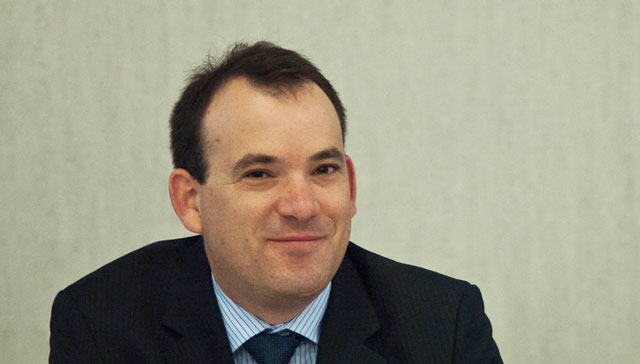
The Independent Communications Authority of SA (Icasa) has hit back at a recent report by Research ICT Africa, which criticised the authority over higher retail and wholesale mobile call rates, saying the report fails to consider various costs that affect SA operators.
“SA’s prices are comparatively high; the authority has no bone of contention with that,” says Pieter Grootes, Icasa GM for markets and competition. “Coverage comes at a price and greater geographic coverage comes at a greater price.”
Pointing to maps of network coverage in Tanzania and Kenya, Grootes says SA has far wider coverage than some other nations and this is not factored into Research ICT Africa’s report.
He says the research does not adjust for network coverage or economic conditions, which may include costs like import duties on equipment. “Telecommunications imports are duty-free in Tanzania on both network equipment and handsets,” Grootes says.
Talking to the 30% price reduction on 1 April in IP Connect charges — the fees Telkom levies on Internet service providers (ISPs) to access its fixed-line digital subscriber line network — Grootes says this is the “single largest network cost to all ISPs” and in the wake of the reduction an “increase in consumer value is already taking place”.
He says one ISP has already increased data usage caps by 400% and that Icasa expects further price reductions and product innovation in coming months. Asked whether Icasa intends reduce the IP Connect fee further, Grootes says industry and consumers will have to “wait and see”.
Regarding local-loop unbundling, which will allow operators direct access to Telkom’s copper network for providing fixed-line services, Icasa says it intends introducing “bit-stream” services in November but this will be coupled with an access-line deficit recovery scheme.
The access-line deficit refers to the fact that Telkom loses money on the average fixed-line in service (before calls and data charges are included) and that allowing competitors to sell access directly could result in the operator subsiding those making money from its network.
The expected benefits of bit-steam unbundling include an “increase in the margins available to ISPs in the provision of services”, which is expected to stimulate innovation and increase investment. Icasa also hopes the move will foster competition in the fixed-line market.
“We also expect to see an increase in the take-up of fixed-line services,” says Grootes. He says Telkom has just over 4m fixed lines in service and that it expects the regulatory intervention to result in greater demand for fixed services.
On the subject of call reductions in mobile call termination rates — the fees operators charge to each other to field calls onto their networks — Icasa says it found the costs were artificially high and “unrelated to cost”. Using a glide path, where the cost is reduced each year, the regulator is reducing the price from R1,25/minutes in peak times to 40c/minute in 2013.
But the ICT Research Africa report suggests this may still be too high.
Grootes says 40c is the outcome of a regulatory process that led to a “fully allocated cost methodology” based on the regulatory financial accounts submitted by operators.
“Research ICT Africa might say that’s still too high, but it is making that statement by comparing SA to price benchmarks in the European Union and other African countries.”
According to Grootes, the 40c/minute rate is the “cost-reflective price in SA for now”. However, he adds that operators will have to comply with a new round of analysis and the rate will be reevaluated, if necessary.
Icasa says it expects a “more efficient and effective access regime” in the wake of reduced termination costs as well as continued access and investment in electronic communications networks in SA and a more dynamic retail-pricing environment.
One of the criticisms levied against reducing termination costs is that networks may reduce their infrastructure investments to recoup lost revenue. But Icasa says all licensees continue to make “substantial network investments” and the supposed negative impact on investment has been overcome by high demand for data and voice services.
Icasa says it expects a more dynamic retail-pricing environment in the mobile space and lower termination rates lead to increased margins for smaller operators, giving them increased pricing flexibility and forcing larger operators to respond in kind with price reductions and promotions.
Grootes says Icasa has seen an average 30% reduction in mobile data tariffs during the 2011/12 financial year. — (c) 2012 NewsCentral Media

